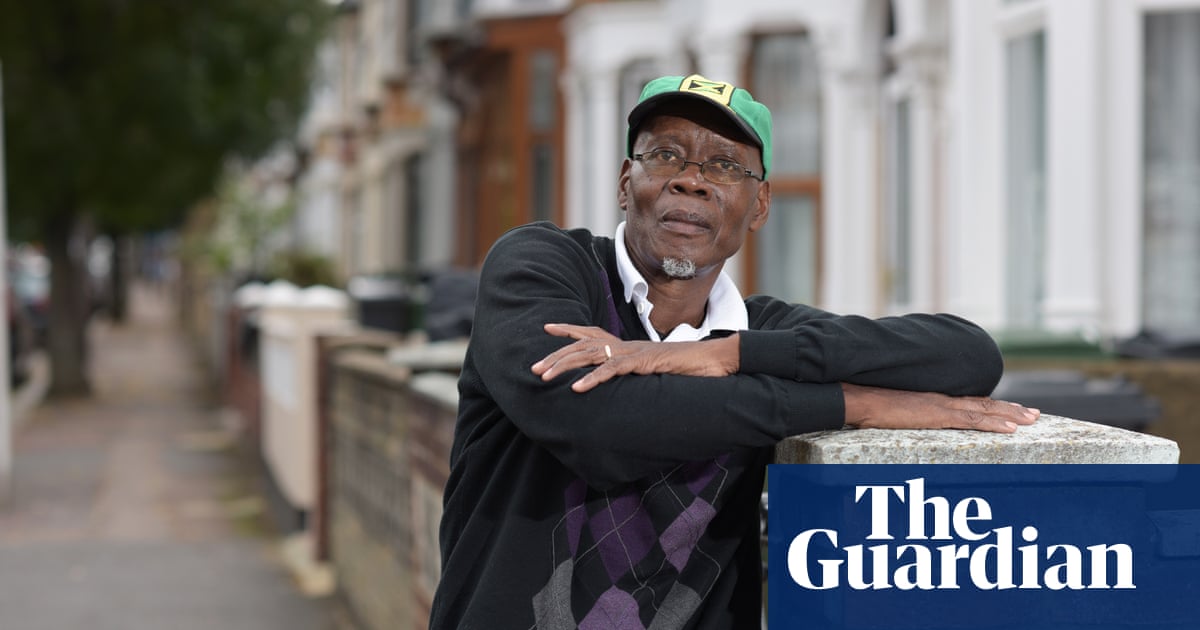
A former English teacher who was blocked for 25 years from returning to his home in Britain after his passport was wrongly confiscated has been ruled ineligible for British citizenship due to the length of his absence from the UK.
Ken Morgan, 70, described the decision as a “ridiculous catch-22”, and said the sole reason he was absent for such a protracted period was because he was barred by British officials from travelling to the UK. He has requested a review.
Morgan moved aged 10 from Jamaica to the UK in 1960, before Jamaican independence, travelling on a British passport. He attended school in London and lived and worked in the UK for more than 30 years until 1994 when he travelled to a relative’s funeral in Jamaica. On his way back to London he was stopped at check-in and his passport confiscated.
He was unable to persuade officials at the British high commission that they had made a mistake, and he remained stuck in Jamaica for a quarter of a century until the Windrush scandal broke, when British diplomats called him out of the blue to offer him a temporary visa to allow him to travel back to the UK. He applied for British citizenship in 2018, during his first visit home.
His application was rejected, after a delay of almost two years, on the grounds that he had been out of the country on a date five years before he made the application (at a time when he was barred from being in the UK because of the decision to confiscate his passport), and that he had spent more than 450 days out of the country during the application period (a period when he was not allowed to be in the UK).
“I am sorry to tell you that you do not meet the requirements for citizenship and you do not have an entitlement to the right of abode in the United Kingdom,” the decision letter states.
Morgan said he was horrified by the decision. “How can you prevent someone from returning, then turn their application down and tell them you were not in the country and therefore are not eligible? Hello? Hello? Why was I not in the country? It makes no sense,” Morgan said, by telephone from Jamaica. He said he had become sceptical about repeated Home Office commitments to righting the wrongs experienced by the Windrush generation.
“The promised change of culture hasn’t happened. When we take the limelight away from the Home Office, they revert back to their old ways.”
After being barred from returning to the UK, Morgan was destitute on the streets of Kingston for a while before managing to start a small business, and retraining as a graphic designer. He ended up working for the University of West Indies, and notes that he “survived the odds and flourished”. He is nevertheless anxious to secure his British citizenship.
Morgan’s lawyer, Irène Nembhard from Birnberg Peirce, said the home secretary had the right to exercise discretion in exceptional circumstances. “There is no recognition that the sole reason for Mr Morgan being unable to meet the requirements set, was due to the unlawful act of the British official in the high commission in Jamaica, confiscating his valid British passport,” she states in the letter requesting a review.
“It is deeply disturbing that a taskforce precisely set up to right the wrongs done to Windrushers could make such a fundamental error. Neither Ken nor his lawyers can now have any confidence in statements by a succession of home secretaries that they are committed to providing justice for those who have been so severely injured by decades of hostile policies implemented by the Home Office,” she said.
A Home Office spokesperson said: “An independent review, which was requested last month into Mr Morgan’s case, is ongoing. All citizenship applications are considered on their own merits in line with the requirements set out in nationality legislation.”







